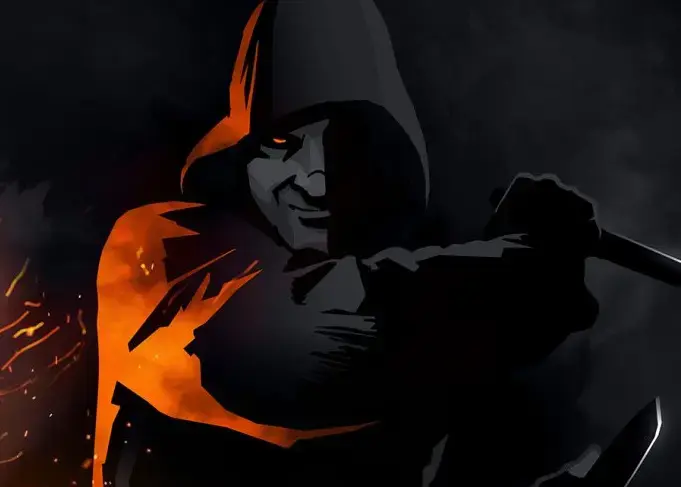Hi fellow BitD-ers! I am currently learning the system and started a solo campaign (don’t judge me on that lol), two sessions in I finally have a reasonably good understanding of how different mechanics work. However, I did not manage to find some clear information about how flashbacks are supposed to work:
- How far or close in time can a player flashback to? IIUC, the whole mechanics is supposed to replace the tedious prep phase and taking some decisions before the actual mission. Can it be a flashback to a point in time before even knowing what the mission would be (“Several years ago I hid some tools in this prison, just in case”)? Could it be to a moment during the mission (“In fact, I set some papers on fire before leaving the previous room so it should cause some panic and confusion among guards”). I did this last one on my first session and, given the fact that I am my own GM and my only player, I was pretty happy about that. However, I do not know how canon it is to the RAW.
- If I understand correctly, a flashback should always cost 1 stress. Hmmm, should it? I read every now and then that people only apply stress in some cases (bad flashback roll, very difficult task, etc.). I cannot find anything in RAW about it, are people just massively homebrewing that?
- I also see a lot of GMs saying that flashbacks should never fail and a bad roll should result in a complication (heat, stress, bad position) but not in a missed opportunity for a good player’s idea. Once again, I cannot wrap my head around that in RAW, it seems to me that a flashback just calls for a roll and is interpreted as any other action.
Thanks in advance to anyone who has some details on that and may y’all retire with a fine stash!


If you just say “this didn’t pan out”, you’re all back in square one without pushing the narration forward.
If you say “it worked, it worked so well that now…” and add a complication, that moves the game forward and makes it interesting.
From my experiences with running Karma in the Dark, IMO complications are one of the most important things in the system. If players just address a challenge, it’s only that. What I’ve been observing, though, is that once a complication gets introduced players tend to “bounce off” it and direct the fiction in a new direction. That way the story is much richer because you didn’t simply use a window because a lockpick broke at the door. Now you are on the run through the city because the mafia that sold you the lockpicks have been tailing you and want a cut of what you stole
Great insights, thank you a lot!